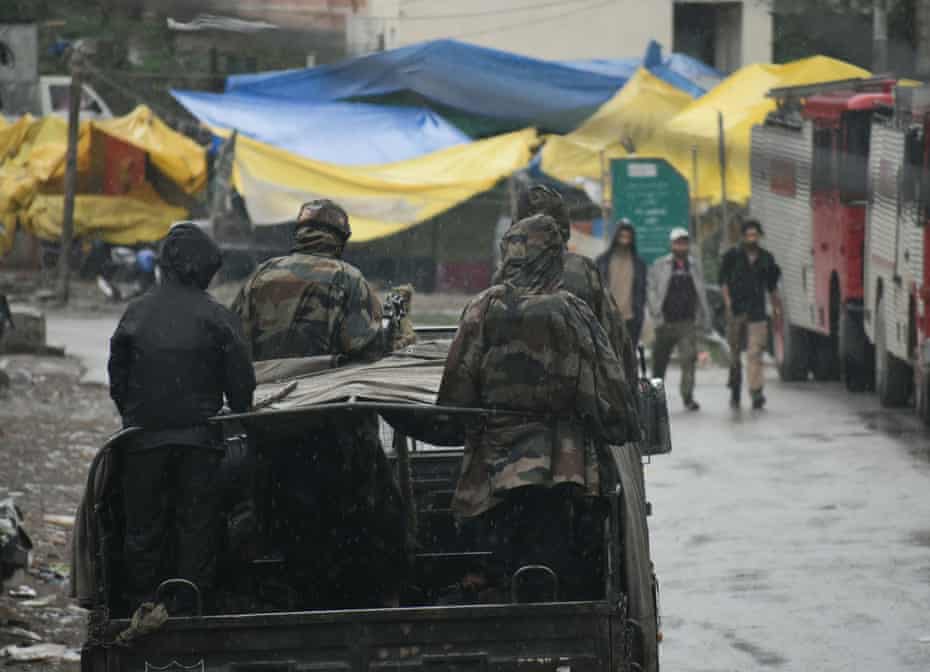Meta, the parent company of Instagram, has restricted access to a widely-followed Muslim news page, @Muslim, for users in India following a legal request by the Indian government. The move has sparked backlash from free speech advocates and intensified concerns over censorship during a period of growing hostility between India and Pakistan.
Indian Instagram users trying to access the @Muslim account – which boasts 6.7 million followers globally were met with a notification stating: “Account not available in India. This is because we complied with a legal request to restrict this content.”
The page’s founder and editor-in-chief, Ameer Al-Khatahtbeh, condemned the restriction in a statement, calling it an act of “censorship”. “Meta has blocked the @Muslim account by legal request of the Indian government. This is censorship,” he said. “I received hundreds of messages, emails, and comments from our followers in India, that they cannot access our account.”
Meta declined to directly comment on the case. However, a spokesperson pointed to the company’s established policy of complying with government requests when content is deemed to violate local laws.
The development was first reported by Taylor Lorenz’s User Magazine and comes as India and Pakistan engage in the most intense cross-border violence in two decades. Deadly missile strikes by New Delhi, reportedly in response to an attack on tourists in Kashmir, which India blames on Islamabad, have led to at least 43 fatalities. Pakistan has denied involvement and vowed to retaliate.
In the wake of escalating tensions, India has cracked down on Pakistani media and cultural figures online. The accounts of Pakistani cricketers, including Babar Azam, Mohammad Rizwan, and cricket legends Shahid Afridi and Wasim Akram, are no longer accessible from India. Instagram accounts belonging to singer Atif Aslam and actor Fawad Khan, both well-known in Bollywood, have also been blocked.
Furthermore, India recently banned over a dozen Pakistani YouTube channels, accusing them of spreading “provocative” content.
The @Muslim account, one of the most followed Muslim news sources on Instagram, has long focused on issues affecting Muslim communities worldwide. Khatahtbeh apologized to Indian followers, saying: “When platforms and countries try to silence media, it tells us that we are doing our job in holding those in power accountable. We will continue to document the truth and stand out firmly for justice.”
Adding to the global concern, U.S. President Donald Trump called on both India and Pakistan to “immediately halt their fighting”, offering to help mediate an end to the conflict.
As the digital crackdown intensifies alongside physical hostilities, experts warn of a growing wave of misinformation online. From deepfakes to recycled war footage, false narratives are circulating widely, complicating public understanding of the ongoing crisis.
The incident highlights the growing entanglement of geopolitics, censorship, and social media, with major tech platforms caught in the crossfire of international disputes. As hostilities continue to rise, so too does the battle over truth, narrative, and control in the digital space.



